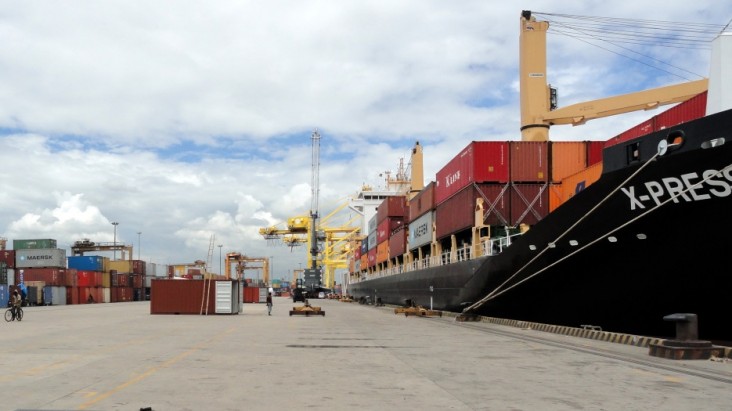Speeches Shim
|
Purpose: Timor-Leste aspires to membership in regional and global trade organizations but faces significant challenges in meeting the requirements. The government recognizes the financial benefit of increased trade, but an outdated Customs Directorate made trade difficult and slowed progress toward becoming a “best-practices” member of the international trading community. |
Location: National level and all customs posts in Timor-Leste |
|
Key Counterparts: Timor-Leste Customs Authority |
Duration: June 2017 — September 2020 |
|
Contract: $4.9 million |
|
|
Partner Contact: International Business Initiatives Corp. (IBI) Mark Hamill Chief of Party Email: Mhamill@ibi-worldwide.com |
USAID Contact: Ana Guterres Project Management Specialist |

Summary:
USAID’s Customs Reform Project strengthens the Government of Timor-Leste’s (GOTL) Fiscal Reform Plan by improving the efficiency of international and cross border trade and transit. The project helps the GOTL reduce trade costs through implementing international best-practice customs clearance and transit procedures. This will encourage investment, increase government revenues, and support Timor-Leste accession to the Association of South East Asian Nations (ASEAN) and the World Trade Organization. In line with good governance practices, the project increases transparency, clarity, predictability, and certainty in the trade environment. The project strengthens the institutional and human capacity of the new Customs Authority so it can follow global and regional best practices in trade and increase domestic revenues. Improved customs operations will help spur economic growth and investment by reducing trade costs and shortening customs clearance times.
Major Achievements:
-
Clearance times at Dili seaport reduced by 50 percent since the project started in 2017.
-
Attendance record system established that eliminated absences without justification.
-
Job descriptions developed for 43 positions and new code of ethics introduced to promote integrity and professionalism among customs employees, bringing the total number developed to 80.
-
Customs operations modernized through 26 new regulations, procedures or policies that comply with international standards, of which the Customs Authority Director General has approved 10.
-
Introduced internationally accepted risk management guidelines to resulted in increased use of the expedited customs clearance green lane by 56 percent.
-
Embedded mentors who helped the Post Clearance Audit team use an audit methodology and reporting template developed by USAID, resulting in more than 200 audits since the project started.


Comment
Make a general inquiry or suggest an improvement.